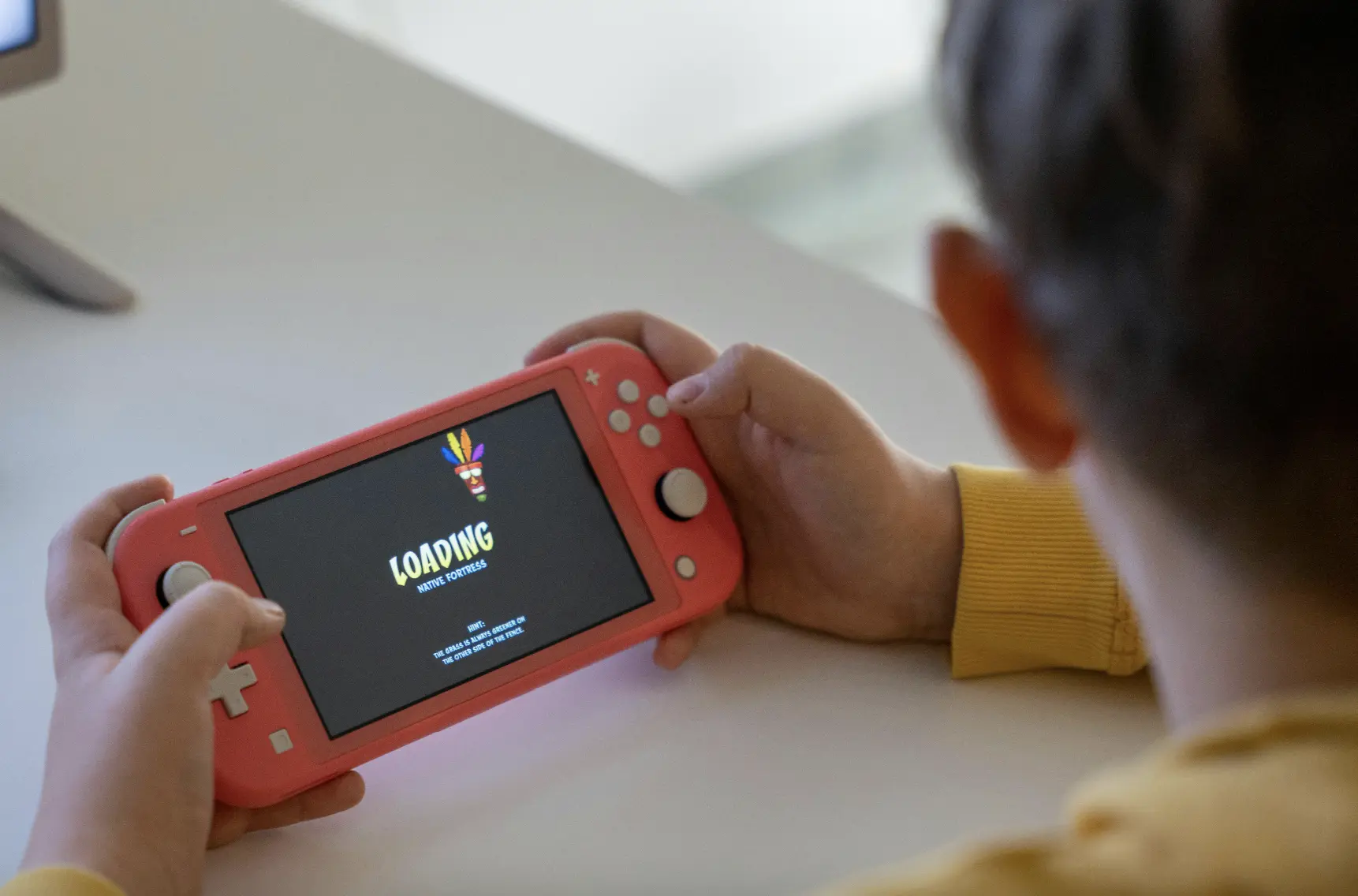
Photo by Vladimir Srajber from Pexels
Study Finds Mental Health Benefits Of Video Gaming
A study by Nihon University in Japan, published yesterday, challenges the long-standing belief that video games harm mental health. Researchers discovered a correlation between video game play and improved psychological well-being.
Despite video games being a major component of digital culture, skepticism on their effect on mental health has grown, despite there not being any conclusive evidence. These concerns have been amplified by official, yet controversial, stances, such as the World Health Organization‘s classification of “gaming disorder’’.
Previous research on the impact of video games has been inconsistent, with studies showing both positive and negative effects on mental well-being. The Nihon University researchers argue that many of these studies relied on observational data or controlled environments, which may not accurately reflect real-world gaming experiences.
To address these limitations, the study employed a lottery system for video game consoles during the pandemic, aiming to assess gaming’s impact in real-life conditions rather than in controlled settings. The research also used machine learning (ML) to examine how sociodemographic factors influence this relationship.
Surveying nearly 100,000 people from 2020 to 2022, the study found that casual video gaming generally improved mental well-being. However, the study also notes that playing for more than three hours per day tends to be less beneficial than for shorter periods.
Hiroyuki Egami, the study’s author, remarked, “If you enjoy your hobby, you’re likely to see a positive impact on your well-being,” as reported by New Scientist.
Additionally, the ML analysis revealed significant differences between Nintendo Switch and PlayStation 5 users. Hiroyuki and his team theorized that Switch users experienced greater psychological benefits, likely because the Switch is often used for family or social gaming. On the other hand, the PS5 is typically used for solitary gaming, which may lead to family conflicts and reduced benefits for younger users.
While the study’s findings are promising, limitations such as a 59% response rate and potential pandemic-related factors must be considered. Nevertheless, the research offers valuable insights and suggests a new approach for future studies.
Daniel Johnson, a psychologist at Queensland University of Technology in Brisbane who specializes in video games, commented, “These results are not surprising, […] They fit with what we know from talking to video-game players for decades.” As reported by Nature.

 Previous Story
Previous Story

 Latest articles
Latest articles 

Leave a Comment
Cancel